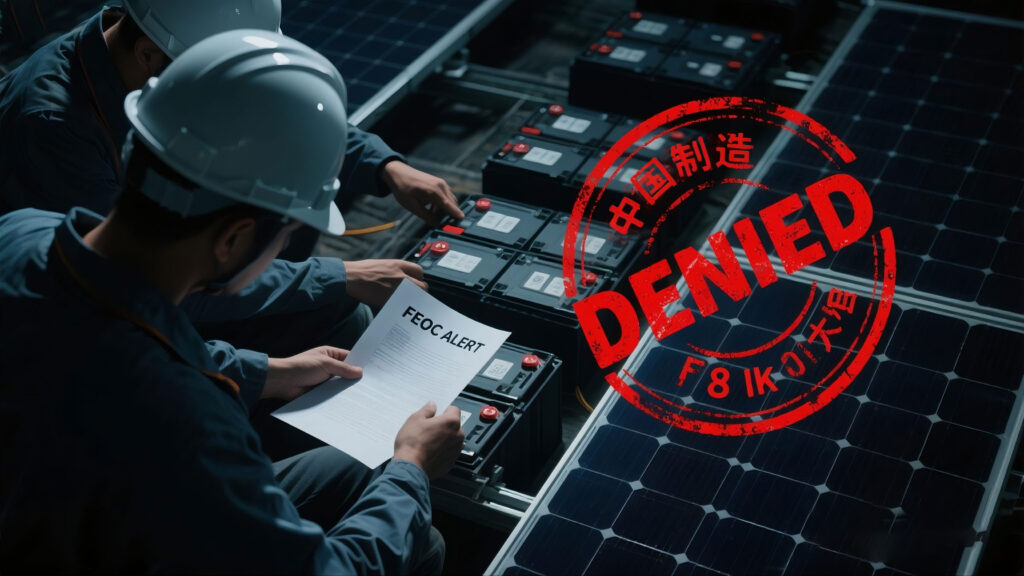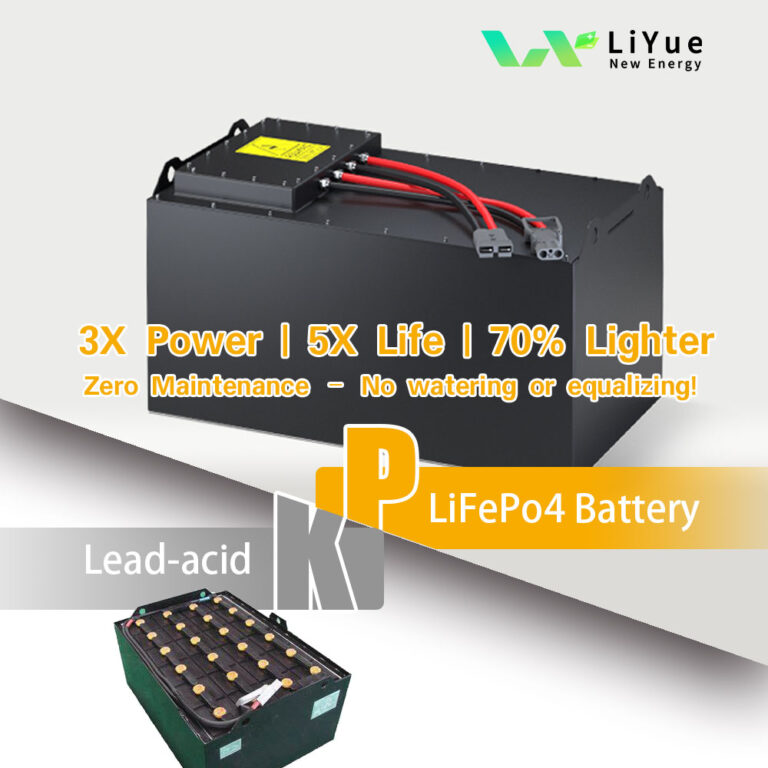Henan Liyue New Energy Co., Ltd

FEOC Compliance OBBB Act: 3 Survival Tactics for U.S. Solar Firms
The FEOC compliance OBBB Act rules have become a survival threshold for U.S. renewable energy projects. With $369B in tax credits at stake, understanding how to navigate Foreign Entity of Concern (FEOC) restrictions under the OBBB Act is no longer optional.
For American solar installers, battery manufacturers, and developers, this isn’t just about compliance—it’s about survival.
“We lost $12M in tax credits because one subcontractor used Chinese inverters. Now, we audit every screw.”
—Solar Developer, Texas
This guide breaks down exactly how smart players are adapting—without going bankrupt.

1. The FEOC Rule: What It Really Means
The OBBB’s FEOC restrictions go far beyond the Inflation Reduction Act (IRA). Now:
- No More Gray Areas: Even 5% FEOC-linked content can void your 45Y/48E tax credits.
- Expanded Scope: It’s not just batteries—solar inverters, trackers, and even mounting systems are under scrutiny.
- IRS Audits Are Brutal: They’re checking equipment firmware, mineral sourcing, and subcontractor relationships.
Case Study: A major U.S. battery plant was denied 45X manufacturing credits because its Chinese-made coating machines were deemed a “FEOC-controlled process.”
2. Three Survival Strategies (That Actually Work)
Strategy 1: The “Paper Trail” Fix (For Importers & Installers)
If you’re buying solar panels or batteries, documentation is now more important than the product itself.
- Demand “FEOC-Free” Certificates from suppliers (not just “Made in Vietnam”).
- Require Supplier Audits: One developer found Chinese cells relabeled as Korean—costing them $8M in penalties.
- Use Blockchain Tracking: Companies like Circulor now trace minerals from mine to module.
*”We pay 10% more for modules, but the IRS-proof paperwork saves us millions.”*
—Utility-Scale Developer, Arizona
Strategy 2: The 24% Rule (For Manufacturers)
The magic number? Keep Chinese ownership below 25%.
- Joint Ventures (JVs): CATL’s deal with Ford failed because of tech transfer clauses. But Gotion’s U.S. plant (24% Chinese-owned) got approved.
- Board Control: Even if Chinese investors hold minority stakes, U.S. directors must control operations.
IRS Red Flag: Any contract with “knowledge sharing” clauses risks FEOC classification.
Strategy 3: The Material Swap (For Battery & Solar Makers)
The IRS is hunting four key FEOC-linked materials:
| Material | China Dominance | Alternative | Cost Increase |
|---|---|---|---|
| Graphite | 92% | Mozambique | +40% |
| Silicon | 85% | U.S. REC Silicon | +70% |
| Electrolyte | 78% | South Korea | +120% |
Pro Tip: Some firms are stockpiling Chinese graphite now before prices spike further.
3. The 2026 Deadline: What You Must Do Now
The IRS is phasing in FEOC enforcement:
- June 2025: Last chance to lock in pre-FEOC contracts.
- January 2026: Full audits begin.
Your Checklist:
✅ Audit Your Supply Chain (Start with inverters & batteries)
✅ Replace FEOC-Linked Equipment (Use IRA’s 48C tax credit to offset costs)
✅ Train Procurement Teams (A single Chinese-made screw can trigger an audit)
4. Who’s Winning? (And How to Join Them)
While some panic, others profit:
- Korean Battery Makers (LG, SK) are raising prices 30%.
- Mexican Solar Panel “Buffers” (Chinese cells + Mexican frames = FEOC-safe).
- U.S. Graphite Startups (Like Graphite One) are doubling production.
Opportunity: The DOE’s $1.2B Material Substitution Fund is open until 2026.
The New Rules of the Game
The OBBB isn’t just policy—it’s a forced industry evolution.
Winners will:
✔ Diversify suppliers (No more single-only deals)
✔ Lock in Liyue-Lithium Battery now (Before shortages hit)
✔ Master IRS paperwork (Or lose millions in credits)
🚀 Your Next Steps
“This isn’t just about surviving—it’s about outsmarting the system.”
—CEO, Top 10 U.S. Solar Firm

夸大参数_-3D立体字效,_8000-CYCLES_(50撕毁)、_0--768x432.jpg)



